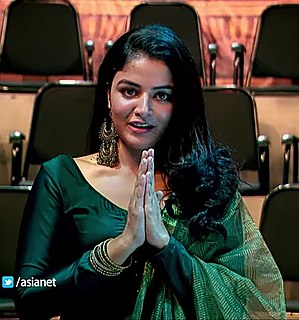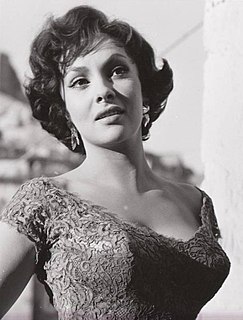A Quote by Anna Biller
What I'm really trying to do is recreate classic Hollywood cinema and classic genre cinema from a woman's point of view. Because most cinema is really made for men, how can you create cinema that's for women without having it be relegated to a ghetto of "chick flick" or something like that?
Related Quotes
MORE CONSISTENTLY THAN EVER I WAS TRYING TO MAKE PEOPLE BELIEVE THAT CINEMA AS AN INSTRUMENT OF ART HAS ITS OWN POSSIBILITIES WHICH ARE EQUAL TO THOSE OF PROSE. I WANTED TO DEMONSTRATE HOW CINEMA IS ABLE TO OBSERVE LIFE, WITHOUT INTERFERING, CRUDELY OR OBVIOUSLY, WITH ITS CONTINUITY. FOR THAT IS WHERE I SEE THE POETIC ESSENCE OF CINEMA.
































